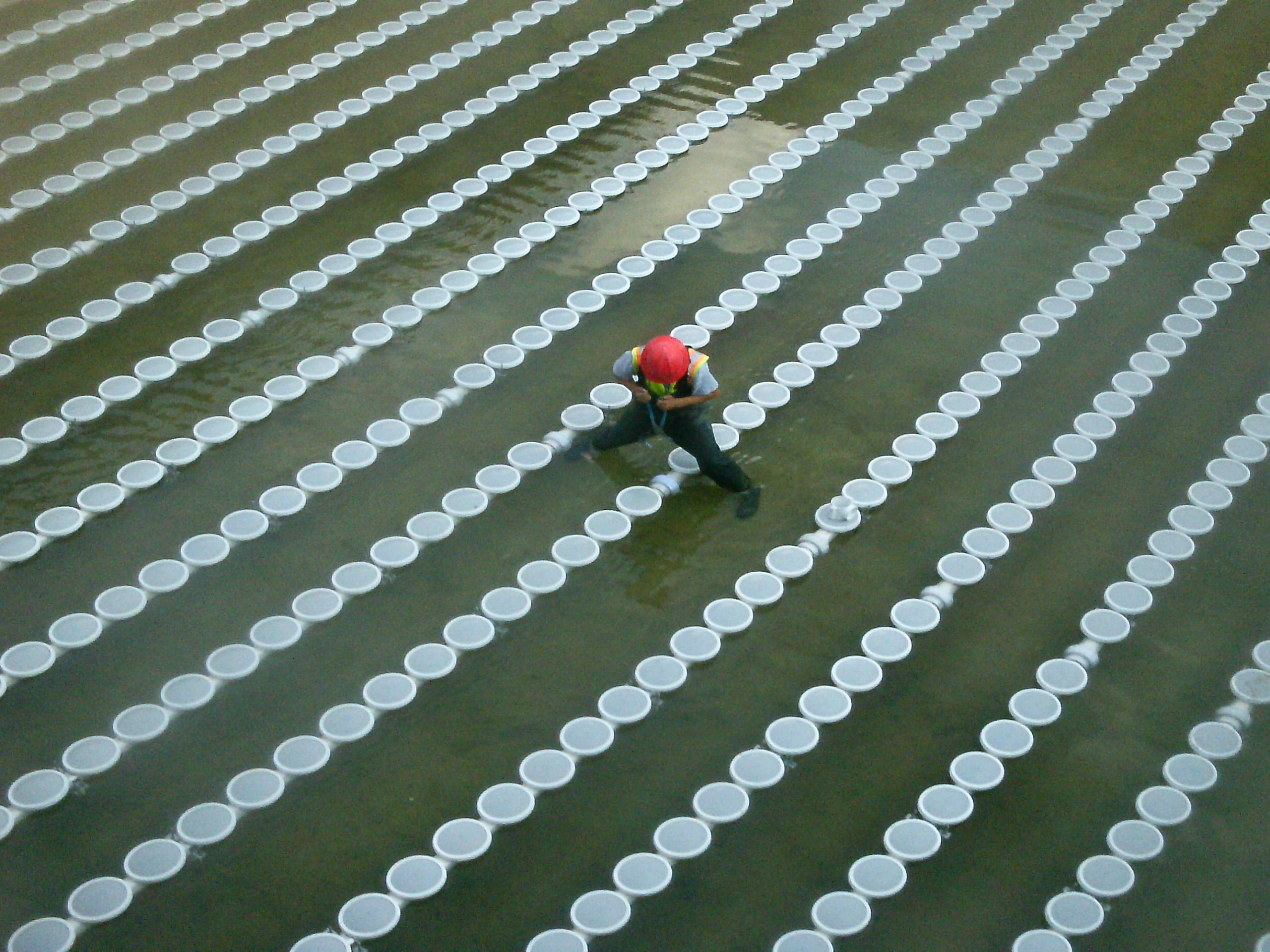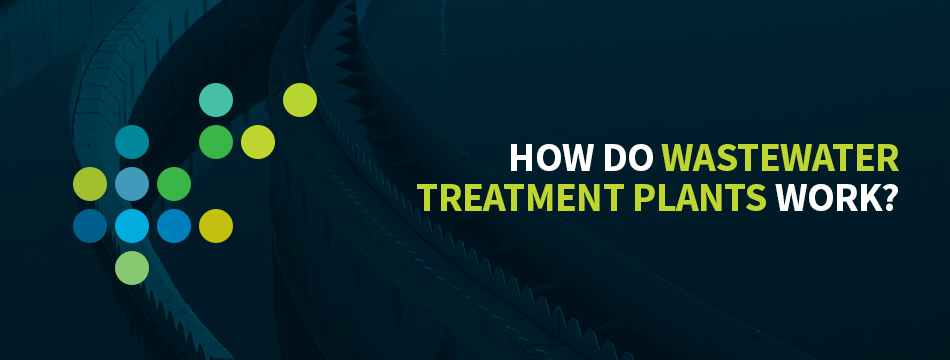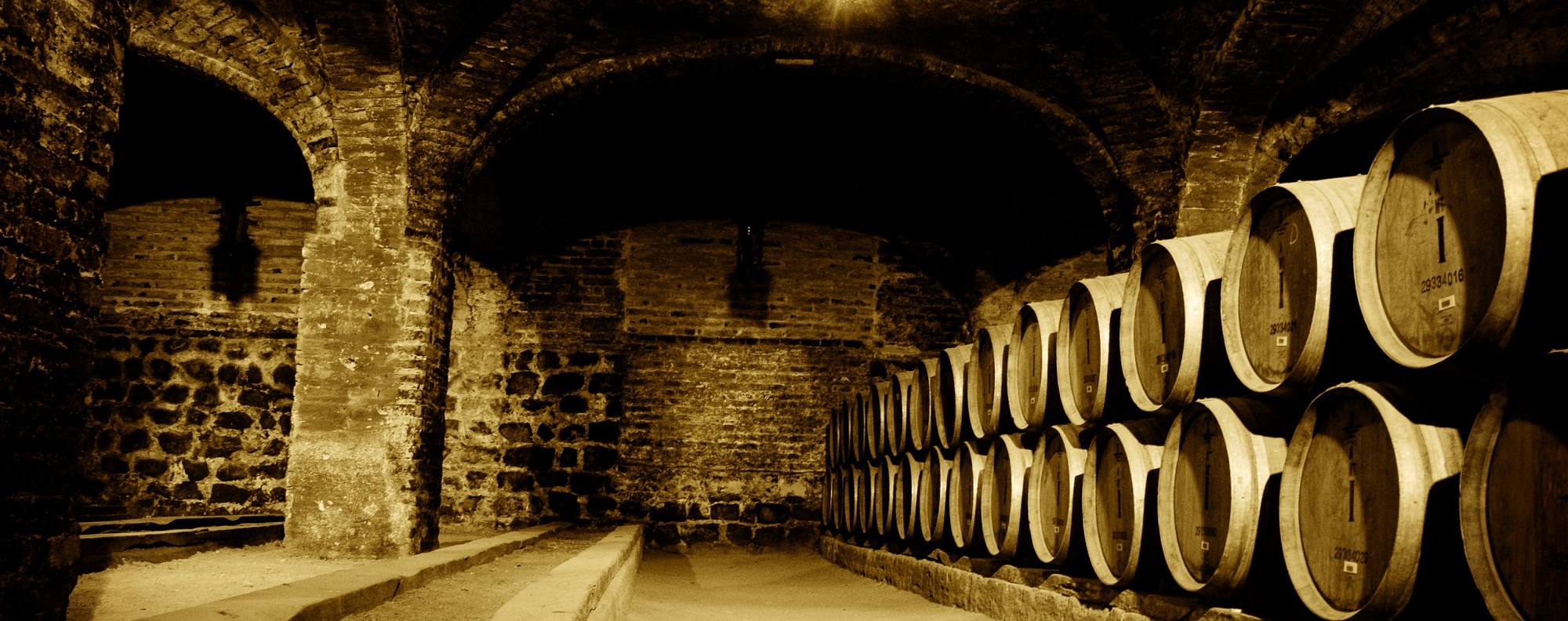Contact Us Today
Wine, Spirits and Brewery Wastewater Treatment
Making wine, spirits and beer requires water in various stages throughout the production process. For individuals running a location that produces these beverages, it’s critical to find the right wastewater system for the operations. Learn more about wastewater contaminants and challenges and the best treatment options today!
Contaminants in Wastewater
Wastewater from wineries, distilleries and breweries will vary depending on the beverage produced. The by-products stemming from each of these can lead to what’s known as “organic loading” in the wastewater.
Organic loading often results in surcharges or fees because wastewater plants usually do not handle it. Beverage producers may want to invest in solutions that help them reduce the number of solids in their wastewater, which helps eliminate those fees while decreasing their footprint.
Common contaminants or by-products of the wine-making, distilling or brewing processes include:
- Organic materials or nutrients
- Yeast
- Seeds
- Stalks
- Grape stems
- Sugar
- Starch
- Ethanol
- Grape skins
- Lees
- Sludge
- Fining agents
- Volatile fatty acids
- Grains
- Sedimentation waste
Many of these fall under biological on demand (BOD) or total suspended solids categories. Wastewater may also contain chemicals from cleaning agents and other highly soluble organic compounds.
Unique Challenges in the Industry
Handling wastewater in the beverage industry is a process in itself, making it vital to get it right using beneficial solutions. Some of the most common challenges associated with wastewater in this industry include:
- Sustainability: Breweries, wineries and distilleries have an obligation to think about their environmental footprint. Often, these places look for ways to reuse water, such as through irrigation. They have to consider environmental concerns, as their organic wastewater is often harmful to the Earth, such as creating dead zones or algae overgrowth.
- Limitations: Many of these plants have local and state limits they have to meet, including for minerals like phosphorus. Avoiding permit violations and production interruptions through high-quality wastewater management helps beverage producers stay on schedule.
- Odors: Much of the waste associated with these processes can result in unpleasant odors that may bother employees and guests. Proper aeration, mixing and sludge management help ensure the premises are pleasing to everyone who enters.
- Flows: Brewing, distilling and wine-making are water-intensive processes. A wastewater treatment plan must accommodate the inconsistent flows associated with different production schedules, considering a plant may have more or less wastewater on any day or month.
Best Wastewater Systems for Wine, Spirits and Brewery
The best wastewater system for a winery, brewery or distillery will depend on several factors unique to the facility. However, common solutions include:
- Moving bed biofilm reactor (MBBR) systems: MBBR systems use biofilm growth to remove organic materials from wastewater in an aeration tank with water.
- Integrated fixed film activated sludge (IFAS) systems: IFAS systems also use a biofilm growth, but it is mixed in with an activated sludge basin or a combination of water and activated sludge.
- Tertiary wastewater treatment: Tertiary wastewater treatment make water clean enough to reuse in water processes or potentially drink.
Choose SSI Aeration, Inc. for Wastewater Needs
Brewers, distilleries and wineries need a wastewater system that works — and they can trust SSI Aeration, Inc. to help them find one. Contact us online to learn more about wastewater treatment systems from SSI Aeration, Inc. today.
Contact Us
Diffusori tubolari a bolle fini
I diffusori tubolari di aerazione SSI e i materiali di qualità avanzata per le membrana offrono un’elevata resistenza alle sostanze chimiche e agli agenti contaminanti, oltre a trasferimento di […]

Effective wastewater treatment in the food industry is essential. Thanks to the widespread use of water in the food and beverage markets, production and processing facilities need dependable cleaning […]

Come funzionano gli impianti di trattamento delle acque reflue?
Il trattamento delle acque reflue è vitale per comunità ed ecosistemi sani. Fornisce acqua pulita e salutare per uso industriale e municipale, riduce la trasmissione di malattie e aiuta […]







